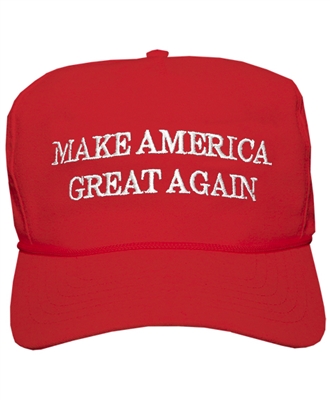The Last Best Hope of Earth?
“The problem of the twentieth century is the problem of the color line,” W.E.B. Du Bois, The Souls of Black Folk (1903). Du Bois wrote that line 113 years ago to demonstrate that Black lives matter. Well into the 21st century, how far have we come?
In the wake of Dallas and Minnesota and Louisiana, I believe we can still become what Lincoln called “the last best hope of earth” – a far nobler ideal than to make America great again.
I believe it because the language of equality is in our DNA. And although we have lived a lie – exterminating Native Americans, enslaving Africans, abusing immigrant laborers, imprisoning our people – we have never abandoned the language of our American creed. And while that makes us exceptional hypocrites, it also gives us the foundation for joining together.
We have said it over and over again.
John Winthrop said it in 1630: “For we must consider that we shall be as a city upon a hill. The eyes of all people are upon us.”
Thomas Jefferson said it in 1776: “We hold these truths to be self-evident, that all men are created equal, that they are endowed by their Creator with certain unalienable rights, that among these are Life, Liberty and the pursuit of Happiness.”
Abraham Lincoln said it in 1863: “Four score and seven years ago our fathers brought forth on this continent, a new nation, conceived in Liberty, and dedicated to the proposition that all men are created equal.”
Martin Luther King, Jr. said it in 1963: “I have a dream that one day this nation will rise up and live out the true meaning of its creed: ‘We hold these truths to be self-evident, that all men are created equal.’"
Barack Obama said it in 2009: “The time has come to reaffirm our enduring spirit; to choose our better history; to carry forward that precious gift, that noble idea, passed on from generation to generation: the God-given promise that all are equal, all are free, and all deserve a chance to pursue their full measure of happiness.”
How many times do we have to say it before we make it come true?


